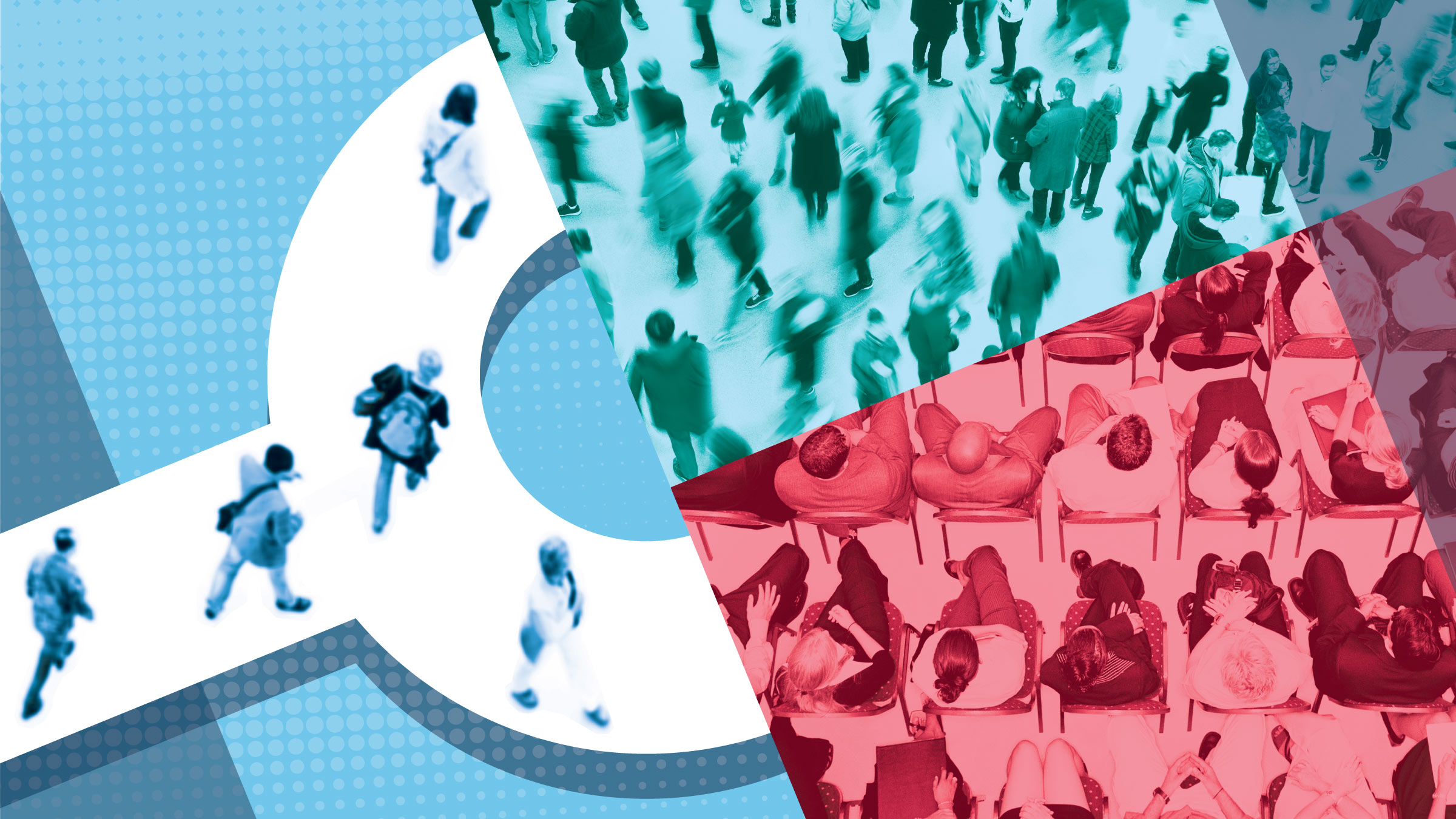“The history of the world is but the biography of great men,” said Scottish historian Thomas Carlyle in a famous 1840 Portman Square lecture, and ever since, scholars have embraced the Great Man theory, the idea that influential individuals—saints, generals, politicians, leaders of all sorts—shape the course of history. Understanding the past through the prism of people as disparate as Mohammad and Mussolini, from Alexander Hamilton to Adolf Hitler, has long provided a convenient structure and—perhaps—a cogent explanation.
But critics of the theory have countered that powerful individuals are themselves shaped and their actions channeled by even greater societal forces; analyzing history as if individual people can change humanity is naïve and simplistic, they contend. Cultures, economies, laws and institutions are at the heart of change, and individual actions are the result, not the cause, of historical transformation. As English philosopher Herbert Spencer observed: “The genesis of a great man depends on [a] long series of complex influences.”
Economists tend to reject the Great Man theory—and not only because it was Carlyle who anointed economics “the dismal science” (in his 1849 proposal to reintroduce slavery in the West Indies, no less). Economists analyze markets, after all, and individuals are simply agents responding to incentives within those markets. Market forces, not men, make economic history.
This debate comes to mind when observing recent events in Washington and New York, as legislators debate financial reform, and as regulators look into financial firms whose executives may have misled investors, and thereby “contributed to the recent financial crisis,” as stipulated in the Securities and Exchange Commission complaint against Goldman Sachs and its employee, Fabrice Tourre.
At the core of both regulatory reform and regulator inquiries is the question of whether financial crises are caused by bad policies or bad people. And by extension, can future crises be avoided by reshaping regulatory rules and institutions, or is punishment of individual scoundrels the best deterrent to future bad actors? Congress, it seems, is of two minds: At the same time that it drafts major regulatory reform legislation, it scolds big bank CEOs in well-publicized hearings.
The “institutions or individuals” dispute is also reflected in the novels reviewed in this issue of the Region. On the surface, Union Atlantic, by Adam Haslett, and The Privileges, by Jonathan Dee, display striking parallels. Both are set on the east coast of the United States in the early-to-mid-2000s; their most prominent characters rise from working class backgrounds to the heights of the financial world under the wing of (somewhat) blindly loyal mentors, and with the aid of young subordinates who carry out their illegal financial bidding. Each protagonist—spoiler alert!—ends up in a foreign land, largely untouched by the law.
But while both novels depict individuals creating and coping with financial booms and busts, institutions play a prominent role only in Union Atlantic. Though written before the 2007-09 crisis, it provides a prophetic if fictional account of an investment bank whose imminent collapse might be prevented through efforts coordinated by the Federal Reserve, which may deem it too big to fail.
The Privileges, in contrast, focuses on the internal motives of a couple skirting the law in New York’s financial world. Yes, the term “bailout” is mentioned once in The Privileges, but in reference to spouses saving one another from bad life choices, not to a financial firm rescue. In Union Atlantic, a bank bailout is a fundamental plot point.
The Privileges, in other words, can be said to lie in the Great Man camp: Individuals are the central actors; their personal goals motivate them, their morals channel their actions and those actions move markets. The book explores how individual needs—for money, status and identity—can subvert the financial system, but the system itself is almost peripheral. Individuals, not institutions, are the focus.
Characters are also essential to Union Atlantic, but the role of financial institutions—the Federal Reserve in particular—is far more significant. Indeed, Union Atlantic provides a remarkably lucid and largely accurate description of the Fed and the international financial system, and of how investment banks operate prior to and during financial crises.
With all of that as preface, we’ve provided reviews of both novels. Each book is an excellent read; which of them you pick up may depend on your world view. From one of our reviews you’ll appreciate a novelist’s grasp of a financial system in distress and how the system copes. From the other, you’ll see how a writer explores the psyche of those who game that system.
As dismal economists, it must be said, we’re partial to the first approach.




